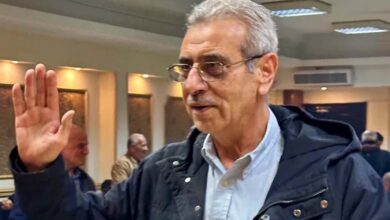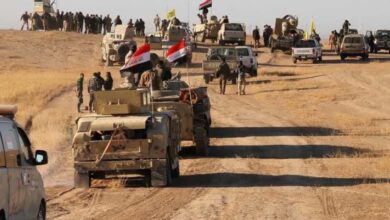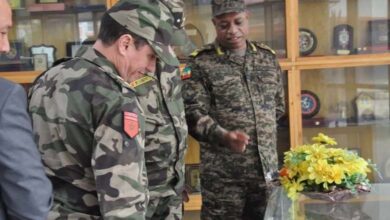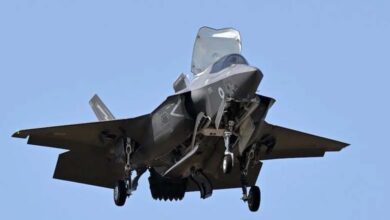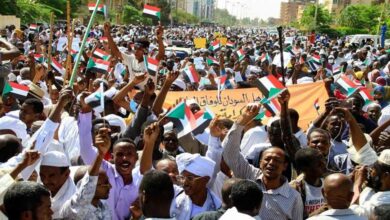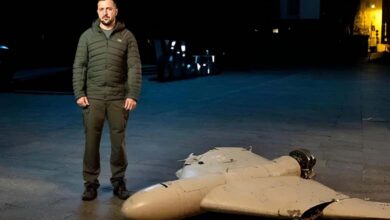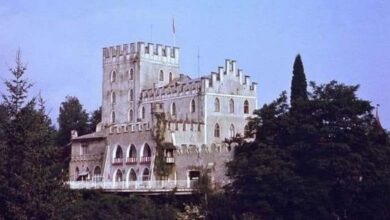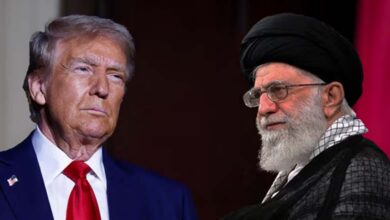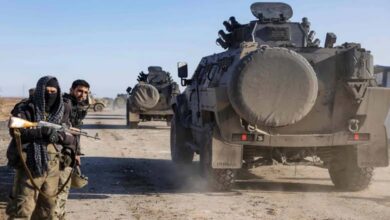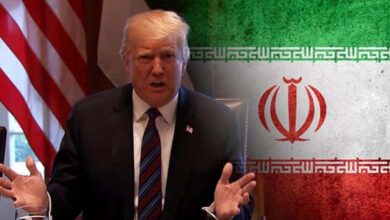Disputes rock Libyan State Council… and new clashes in Tripoli
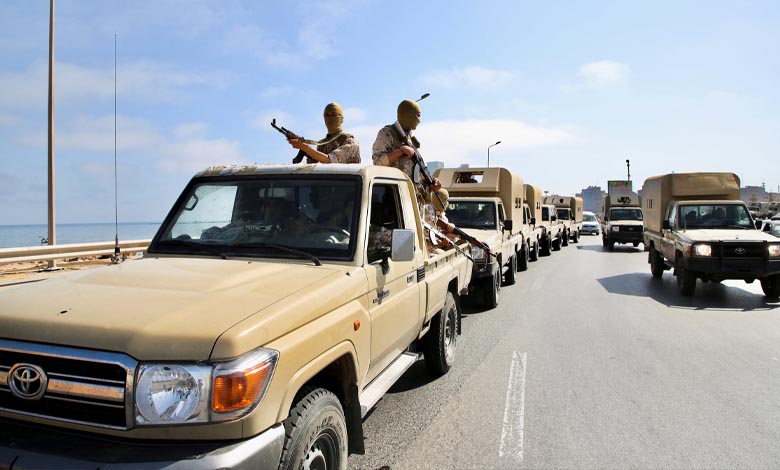
The Libyan High Council of State failed to hold a plenary session for the fifth consecutive time; because of the boycott by members who support the government of Fathi Bashagha, a move that reflects internal disagreements.
In a statement, council members supporting Bashagha said they would continue to boycott the sessions, calling on President Khalid al-Mishri to “review the way he runs the council, and refrain from including it in narrow group accounts and trying to exploit it in projects that serve specific groups away from the higher national interests”.
The members also called on the council presidency to support the constitutional process committee and create a broader space for consensus with parliament’s committee in the next round of talks scheduled for next week in Egypt.
Some 75 members of the High Council of State support Prime Minister-designate Fathi Bashagha and the road map announced by the parliament, while 54 support Prime Minister Abdul Hamid Dbeibeh’s stay in power until parliamentary elections are held, reflecting a division within the council.
This division could affect efforts to reach an agreement between the Supreme Council of State and the parliament on the constitutional basis for the elections, in the next round of negotiations to be held in mid-January in Egypt.
Separately, armed clashes erupted in the Libyan capital’s al-Farnaj area between armed groups fighting for influence in the area, as the security situation in Tripoli has deteriorated sharply in recent weeks.
The clashes took place in the early hours of yesterday morning, and the sound of gunfire could be heard.
The site is strategically located in the Souk Al-Juma area in Tripoli. It is the southern gateway, all roads leading to the heart of the capital.
The area has been the scene of violent confrontations over the past months, with clashes between the so-called “judicial police” of the “Deterrence Militia” and the “Stability Support Force” in October 2021, during which various types of automatic weapons were used. The “judicial police” were then involved in another conflict with the “777 Militias” last February, in the al-Jazira region, near the Ain Zara region, after a dispute over armed positions.
However, the most violent episode in the series of clashes took place in early June, when the “Judicial Police”, supported by other armed groups, engaged in a conflict with the “Tripoli Revolutionaries” militia led by “Ayoub Boras”, over the control of the headquarters of the Internal Security Agency (Intelligence).
The Judicial Police, led by Osama Nujeim, succeeded in taking control of the headquarters, but it cost them about five members to fall in time.


